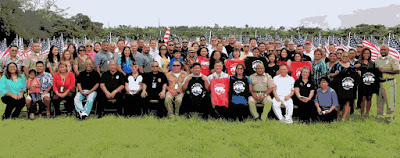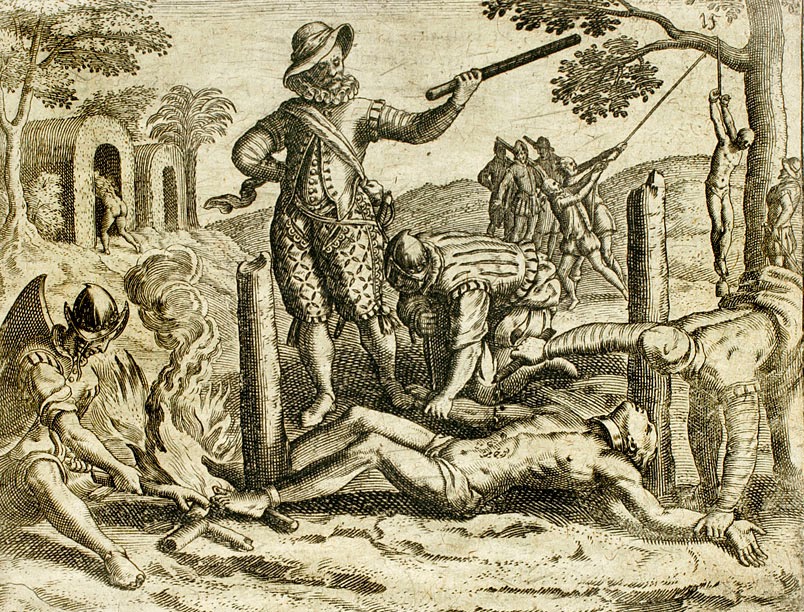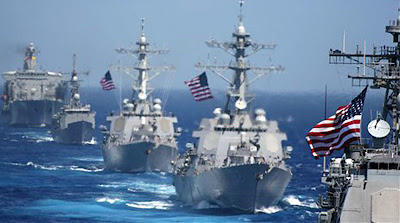Todu Dipende gi Hafa Ta Hahasso

I first wrote this article 13 years ago while I was applying for graduate school in the states and working part-time at the Guam Communications Network in Long Beach, California. My auntie Fran Lujan was working there as well and they had an irregular publication called Galaide'. Prior to my leaving Guam, I had photocopied hundreds of articles from the Pacific Daily News around the time of the the 9/11 attacks, and I had spent more than a year trying to organize my thoughts on it. It seemed so strange in that moment, how everyone was reaching out to the United States, trying to find a way to patriotically or tragically feel included in its embrace. But the more that people asserted their inclusion and their belonging, the more the structure of their exclusion became pronounced and obvious. I used the article below as my attempt. It remains my first all-out attempt at a critical intervention. I still find myself making some of these arguments, whereas others I have moved on from o



